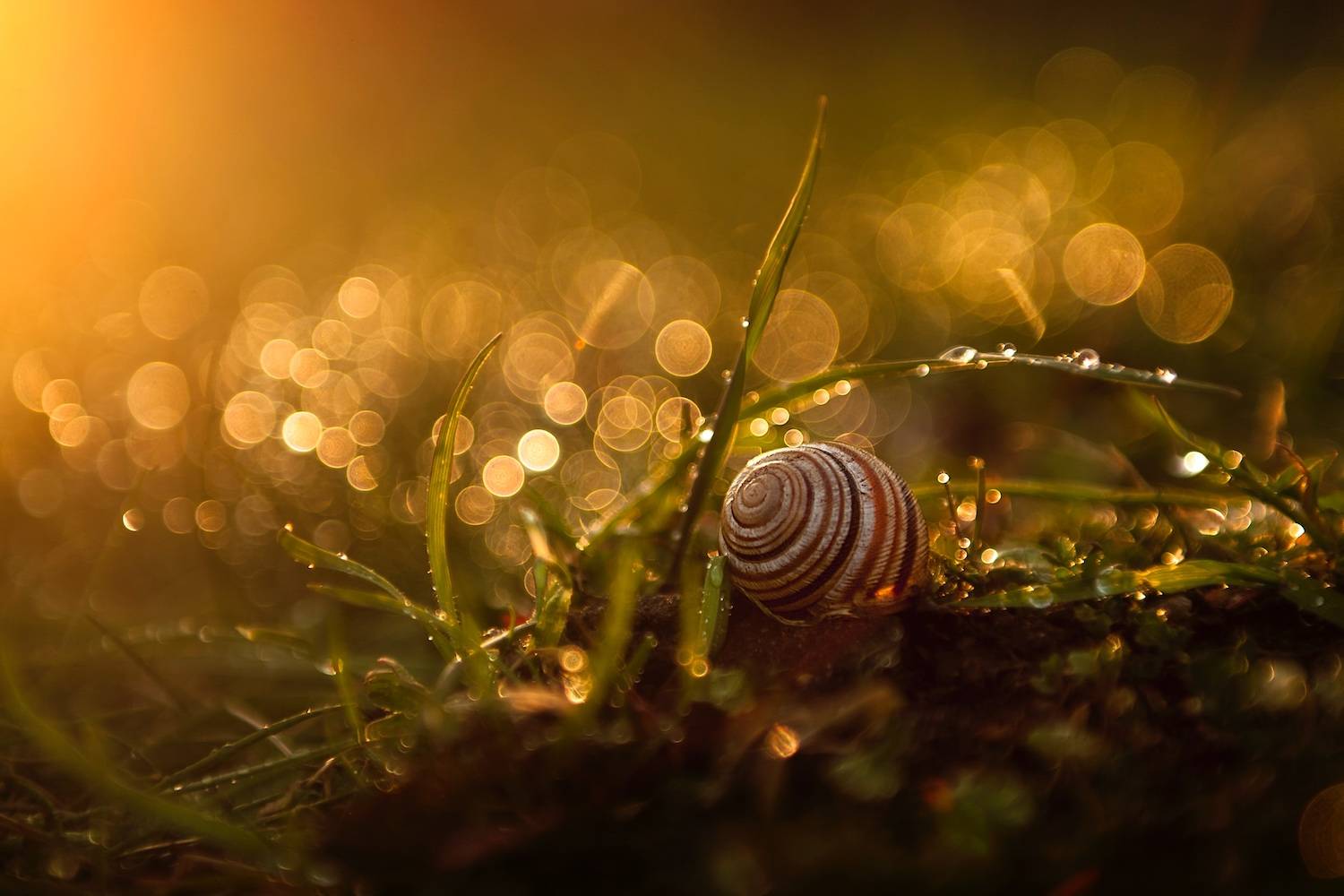The Fragrance of Prayer
ONE AFTERNOON IN WYOMING, I sat on a hilltop. The wind seemed not only to blow the grasses but also the sunlight itself, sweeping it into my skin, a warm jangle. I was having some downtime in a high place. Having slowed, I could see how much a rushed life had whiplashed my body. When I’m caught in that frame of reference, everything seems whiplashed. Birds fly scattershot and even ants seem indecisive, irritable. The earth grows blurred because I grow blurred. The old rhythms, of course, persist. Things move fast, like larks or light. But none of it rushes.
Sitting on that autumn hill reminded me of running cross-country in high school, when our coach would drill us on a hill we called “Steepy.” To run Steepy was to lurch the body into the sky; so steep was the road that, as we neared the crest, we could see into the undercarriage of the coach’s truck parked up top. The hill work finished, he’d send us out for a ten-miler, then call it a day.
The school’s shower room was a tiled cavern. None of its faucets had showerheads, just pipes dropping ropes of water to the floor. Long after the others left, a few of us would linger, letting that water pound into our legs and backs. One guy used to drag in a chair and then slump into position, fist to chin: Rodin’s Thinker, blissfully drenched.
I love the power of water, the way a waterfall strips ions from the air and gives the soul something invigorating to breathe. In college, I hiked a gorge to campus and would sometimes pause near a falls, eyes closed, breathing it all in. Years later, my wife and I brought our two young sons to Niagara Falls. Up top, we watched the water sweep round the islands, all of it sliding swiftly past as if—just there—the earth were tipped a little to one side, its waters rushing toward some breathtaking, mythic edge. That day, one of the two elevators to the base was broken, so we waited an hour in the heat, sticky and miserable. At last, below, under vast explosions of water, my sons shrieked and danced while my wife and I stood together on the soaked boards, our eyes turned upward, serenely closed on our smiles.
Much has been made of these exhilarating moments, these “peak experiences.” I shy from this latter term because what a peak experience means to me—the spontaneous shift of self from ordinary time and into the sacred—seems diminished by connotations of victory or personal conquest—deals closed, mountains scaled, the coups of ego.
On the Wyoming hill, the windy sun in my face, I could smell what I imagined were faraway snows mixed among the smells of dried dung and wildflowers. It all seemed to permeate my body with a kind of divine redolence, what Rumi calls the “fragrance” of prayer. I had nothing to say to God just then, and realized how it could be that presence itself is prayer, that in such moments we forgo the need of mouthful to earful and instead experience a wondrous efficiency: the transmission of small to all without need of a differential. It’s as though we are living at once on all sides of the conversation.
I’m glad that moments such as these cannot be willed into being. Coaxed perhaps, but never willed. In the film Groundhog Day, Bill Murray’s character, trapped in a day that keeps repeating itself, tries to manufacture a spontaneous joy passed by and ends up with the awfulness of forced gaiety. His artifice relocates his moment far from peak, somewhere down among the drainage ditches.
Such fragrance of prayer, of course, invariably passes. But once experienced, we know what it means to be without it, and that knowledge can be its own blessing, for it awakens us to the intelligence of our unhappiness.
By John Landretti
Published on the Orion Magazine website.


